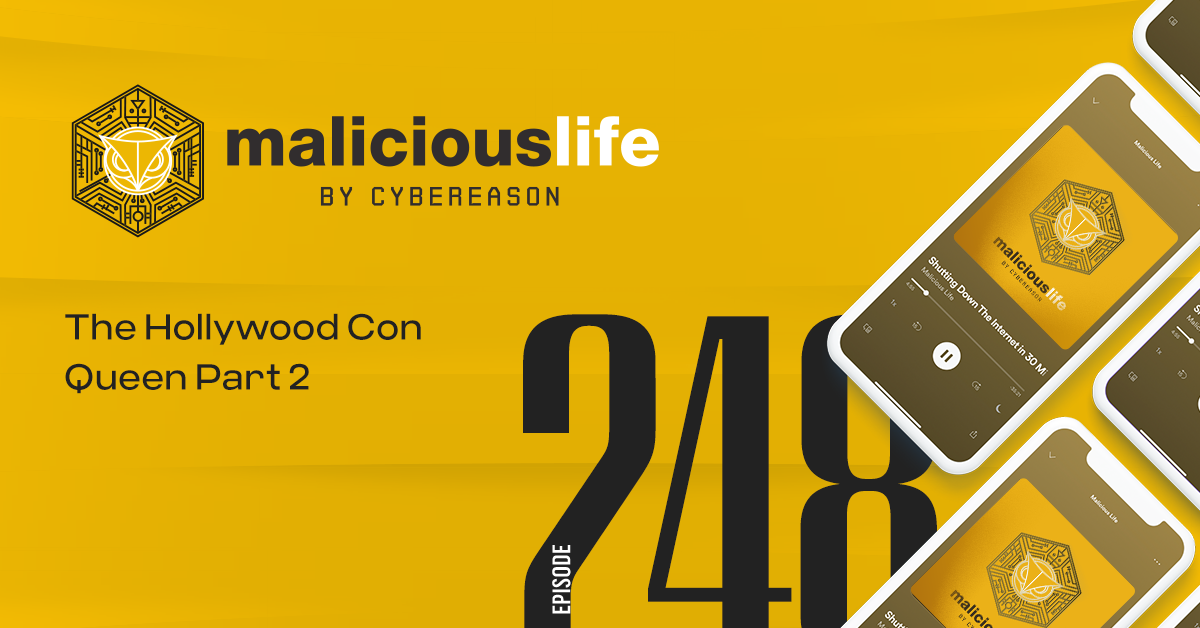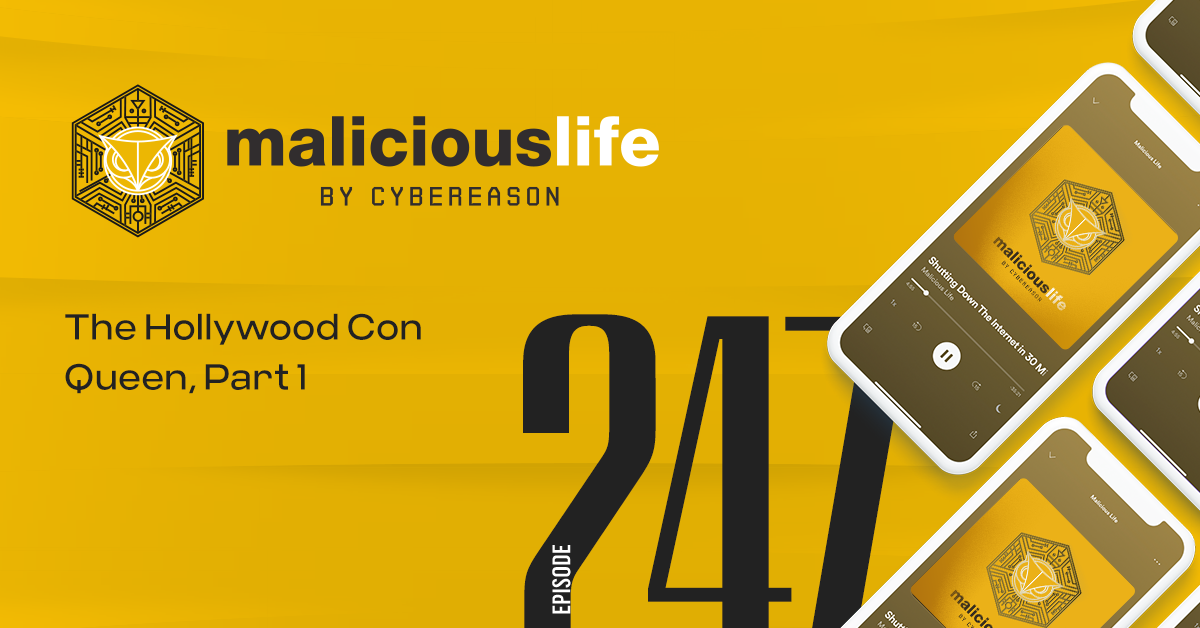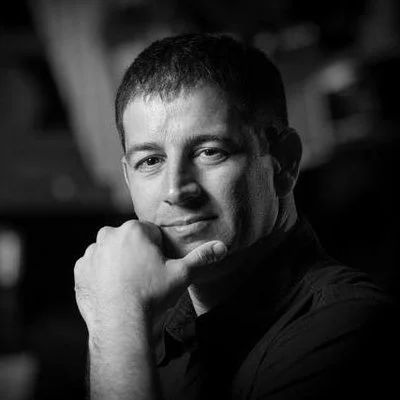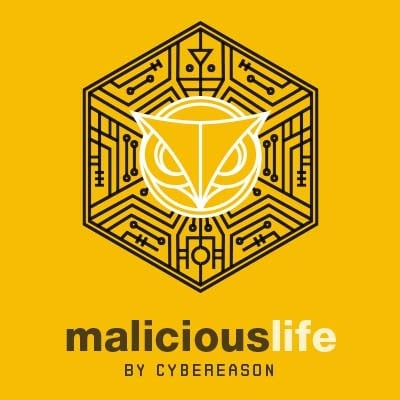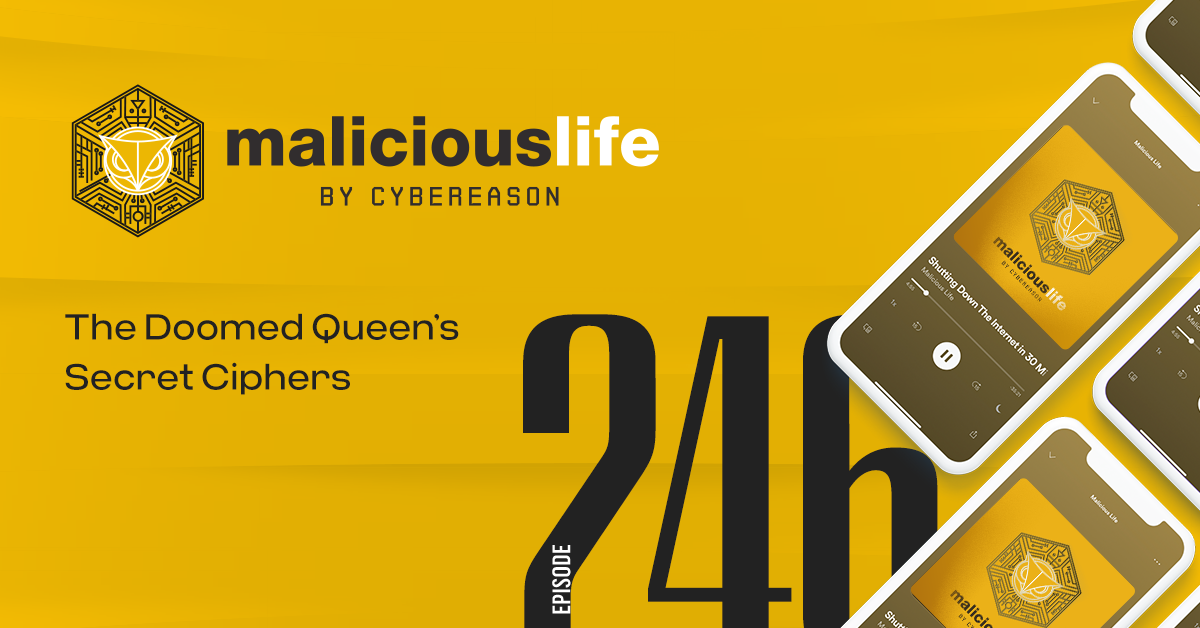When Greg Mandarano read the email he received from Jing Hui Lang, he realized that this might be the greatest moment of his professional life.
“[Greg] And they got back to me a few days later, and said that they were particularly interested in the project, and they wanted to potentially have a meeting with me. And originally it was coined as something that would take place virtually, […] But then they followed up with another email a couple days later, saying that the script which I had sent them and the project itself had gone slightly up the chain, and they were interested in having a meeting with me in person.”
A few months earlier, in 2015, Greg – together with a friend named Dave Bluestein – wrote a movie script called “Shadows Below.” It was an action thriller, involving American terrorists and a rogue Chinese submarine. Since the plot involved heroic Chinese characters, Greg figured the script might interest Chinese producers. He turned to google.
“[Greg] I discovered the site for the China Film Group Corporation online, and one of the people on there, there was an email address for a Vice President of Development, Jing Hui Lang.”
The China Film Group Corporation is the largest movie production and distribution company in China, churning out big-budget features like “The Great Wall”, starring Matt Damon, Pedro Pascal and Willem Dafoe. Greg, at that time, was a passionate yet inexperienced screenwriter, looking for his first real chance at success.
“[Greg] At that time, I was still a novice by any stretch of imagination. I had been studying screenwriting, I took classes on it, and I was in the process of reading every script I could get my hands on, studying it, obsessing over it every day, working on various scripts. That was maybe five or six features into my portfolio.”
So when the Film Group’s VP of development asked Greg and Dave to come to Jakarta, Indonesia, to meet with three senior executives of the company, the two aspiring screenwriters were more than willing to take the 15 hour flight to Southeast Asia.
Once in Jakarta, a hired driver took them to an impressive office building,
“[Greg] One of the first things of note is that the office, which is of course unusual for an American, is there were men with automatic rifles on guard outside this building. And so we felt secure and the idea that like, OK, this is this must be a place where serious business takes place.[…] From the inside, you could think you were walking in from Fifth Avenue in the city. It was nice, to say the least.”
The man who met them at the Lobby presented himself as Anand Sippy, another senior executive of the company. Anand, a dark skinned man in his thirties who spoke excellent English, welcomed them with a wide disarming smile. When they chatted about the script while riding the elevator, Greg got the impression that Anand was a seasoned veteran of the movie industry.
“[Greg] And the way he spoke, it seemed like we were speaking with an L.A. producer. He had that West Coast California vibe to him.”
When they reached the meeting room, Anand apologized and said that the other two executives were unable to join them. He then listened for 45 minutes as Greg and Dave gave a powerpoint presentation about their script, and when they were done –
“[Greg] He goes to the whiteboard and for about 10 minutes, he starts explaining the nature of the censorship board in China. And he explains that one of the problems, the primary problem, which meant that as much as they liked the project and as much as they liked the script, the y would never be able to move forward with it because it would never get past the Chinese censorship board.”
The censorship board, said Anand, would never approve a movie depicting a military engagement between the United States and China. Tough luck: the two screenwriters, it seemed, would have to return home empty handed.
The Long Con
This bitter disappointment, however, was actually the best outcome Greg and Dave could have hoped for, because in reality, everything they just went through was a scam. The China Film Group Corporation website? Fake. Jing Hui Lang? She wasn’t a senior executive, nor was Anand. They were sitting in what was a rented meeting room in a WeWork-like office space, and in fact, by this point – the con was already over.
“[Greg] You see, it was made clear to me that the China Film Group Corporation used their own private driving service. And this was done to protect the people that were in business with the film group, Chinese nationals primarily. And so rather than having them use taxis in a foreign country, they would always utilize a private driving service. So that meant that the prices for this driving service were particularly expensive. […] I believe the original cost for the first driving itinerary, which was a three-day trip, and they would drive and pick us up from the airport, drive us to the location, to our hotel, and then the next day, drive us from the hotel to the meeting, and then back, and then to the airport, was in the amount of around 750 dollars, which is pricey.”
The goal of the scam was to get Greg and Dave to pay the 750 dollar: once they did, it was now time for Anand to execute the scam’s blowoff and send them back to the US, hopefully blissfully unaware that they were just fleeced.
“[Greg] The con would have ended then and there, and we would have gone home victims of a short con.”
What Greg did next turned the short con – into a long one.
“[Greg] And I said, “Well, what if it didn’t take place in the real world? What if the story was on another planet, and we retained the same characters and the same concept of two opposing nations on opposite sides, and we retained the core elements of the story, but simply omitted the real world politics?” […] The smile that he gave us in retrospect was downright diabolical, and he walks away from the whiteboard and he sits down at the table and he looks at me and he says, “Go on.”
Missions in Indonesia
“[Greg] So in essence, I like to think of myself as a fish that, rather than being hooked, simply jumped onto the boat.”
Anand and Jing Hui Lang asked Greg and David to write a full 50-page treatment for the new script.
“[Greg] So we spent a day in Indonesia, hanging out in the hotel, and then we went back to the airport, and we flew back to the United States.”
Jing kept close contact with the two writers, calling them every day on the phone – sometimes multiple times a day – even at night. At some point, she asked them to incorporate Indonesian elements into their script.
“[Greg] Rather than developing the story in a vacuum, what they wanted was to incorporate Indonesian mythology into the story. And since they were filming it in Indonesia, they wanted us to scout locations and take the task of essentially being a location scout, where we could find locations that would be good places to film the project.”
“And that began our foray into what amounted, ultimately, a grand total of 42 plane flights and trips all around Indonesia, going from place to place, going on tours with different tour guides in different cities, learning everything we possibly could about Indonesian mythology, visiting places that could potentially be incorporated to the storyline.”
…And of course, all the while paying exuberant amounts of money for a variety of services: driving fees, naturally, but also permits, local guides, fixers, accommodation and more, with the itineraries orchestrated down to the tiniest detail by Jing Hui Lang.
“[Greg] She would call us every night and every morning, and when we were overseas, she got into the habit of communicating every day with my parents.”
Why would Jing spend long hours talking to Greg’s parents? Because ultimately, it was they who were funding the whole scam, lending the money to Greg and Dave.
“[Greg] So, she just had lots of conversations with them. Conversations about what we were doing, and then conversations that would ultimately open my mother and father up into discussing aspects of their personal life. ‘Cause over time, they began to become friendly over the phone.”
Masters of Deceit
At this point, you might be wondering why didn’t Greg and Dave catch on to the fact that they were being conned. After all, they labored intensely for five whole months, paying tens of thousands of dollars in Indonesia – without even once being reimbursed for their expenses, despite Jing’s promises. How could the two screenwriters be so naive?
Well, they weren’t. The con was so incredibly involved and well executed, that Dave, Greg, Greg’s entire family and even Greg’s lawyers fell for it, hook, line and sinker.
“[Greg] One of the first things that we did before I even considered traveling to another country was speak with my attorney. I had an entertainment lawyer that had been retained for other film projects that I was involved with, right? […] I presented them with everything that I had been presented with, and we even had an expert in someone who had dealt with the Chinese Film Corporation before. According to them, everything was on the level. All of the letterheads were correct, the seals that they were using correct. […] There was no indication that it was anything but legitimate.”
The scammers were anything if not masters of Social Engineering. While one hand was endlessly flattering them for their screen writing talents and dangling the juicy bait of a movie deal in front of Greg and Dave if they keep behaving themselves – the other kept reminding Greg and his family that the deal could be canceled at any time, for the slightest digression.
For example, at some point Greg discussed the work he was doing for the supposed China Film Group in a professional online forum, and three other aspiring writers reached out to Jing with scripts of their own. When Greg learned that one of them met with Anand in Indonesia, he asked the executive how the meeting went. Anand refused to answer, and the following day Greg received a harsh email from “Sussana”, supposedly an even higher-up executive to which both Jing and Anand were reporting to.
“[Greg] And they said they could very well do without us if we weren’t going to abide by their rules and to deal with this project with a measure of discretion. That we were threatened with them dropping the project simply as a result of me questioning about another project. And I was told in no uncertain terms that I was to have no more communication with other people that were having meetings with them while we were developing the project.”
Importantly, Greg says that the practice of having the freelancer pay for various expenses from his own pocket and be reimbursed for them by the client, is a fairly common one in the movie industry.
“[Greg] When dealing with large companies, it’s standard practice, especially if they’re putting the bill, to simply create, you know, keep track of all expenses, save every receipt, and then be reimbursed down the line.”
A Nasty Twist
Five months and some $70,000 later, the scammers were apparently ready to bring the scam to end. This is also where the con took a particularly nasty twist.
It began a few weeks earlier, when Jing asked that Greg’s sister, Micky, be appointed as his and Dave’s manager.
“[Greg] And it was presented to us that we needed to have a manager and it was presented to us in the fashion that the Chinese love family and they wanted my sister to represent us and to handle all managerial capacities and concerns and working with us.”
This request created some tension between Greg and Dave, because it meant that Micky would be entitled to ten percent of the cut.
“[Greg] This was something that Dave didn’t like because it was like my sister, it was my family, and it was presented – well he’s doing just an equal amount of work as me why should my family be receiving 60 percent instead and him only receiving 40 percent.”
Then, after five months of hard work, Greg and Dave were called back to Jakarta: everything was ready, it seemed, for the deal to be finally signed. Usually, the two writers met with Anand together – but this time, for some reason, Anand asked to meet with each of them separately.
Dave went in first.
“[Greg] And Dave exits and he’s all smiles. So i’m like oh thank god everything is fine he’s smiling things must be okay.”
But when Greg spoke with Anand –
“[Greg] He said unfortunately we’re not able to move forward with the project at this time. And he pulls the memo away from me on the desk.”
Stunned, Greg asked Anand what was the problem – but the executive refused to answer: Dave will explain everything on the way to the airport, he said.
When they were in the cab, Greg asked Dave what was the matter.
“[Greg] Dave looks at me and says – it’s your sister, Greg. Like what do you mean my sister? they say they decided they didn’t like dealing with Mickey. They no longer wanted her attached to the project and since she was the manager her name was in the deal memo and so what we needed to do is we needed to go home and redraft a collaboration agreement that severed my sister from being our manager.”
Greg, who knew Dave wasn’t happy with Micky’s involvement in the project, didn’t mind ending her role as their manager. He decided to call his sister from the airport.
“[Greg] So we get to the airport. Dave is watching my luggage and I step away to make the call to my sister to break the bad news. I call her and she tells me she’s on the phone with Anand, hold on. Are you away from Dave? Can he hear what we’re saying? I say no, he’s over there watching the luggage. She tells me that the reason the project isn’t moving forward is because they don’t want Dave attached to the project.”
So, while Anand was telling Dave that he wants Micky off the team – He was telling Micky the exact opposite. Jing even sent Micky an email, allegedly written by Dave, in which he bad mouthed Greg’s sister. In an act of pure evil and cruelty, the scammers decided to toy with their victims, pitting them against each other.
This was when Greg finally realized what was really going on.
“[Greg] And it was in that moment where from my perspective there was no rational explanation other than what simply had to be the truth. W hen you eliminate every possibility what remains no matter how improbable must be the truth. And the determination that the conclusion that i came to was that it was a con, this was the blow-off and if both my sister and dave were telling the truth the person who was lying was Anand. And it all clicked in my mind that it was a con and this was the blow-off. Period.”
Tragically, no one was willing to listen to him. Dave, Micky, Greg’s parents, the lawyers – they still believed that the movie deal was just around the corner, and didn’t want to let go of the dream. When they returned home and met with Mickey at the lawyer’s office, things turned from bad to worse.
“[Greg] And so I tried to speak up about it being a con and no one would listen to me. They were at each other’s throats. And Dave stood up and he said – if i’m not in this project, no one is. And he stormed out and I ran after him and I tried to stop him. I said – Dave, look this is a con, come back, let me explain everything. And he blamed me and said I betrayed him, that this was an ambush and I didn’t warn him that he was walking into an ambush.”
Greg had another sister, Melanie, an aspiring illustrator who also got snared by Jing. Jing invited Melanie to meet her in Hong Kong: Greg tried to convince his sister that she, too, was being conned – but the eager artist, desperate for her chance at greatness, wouldn’t listen.
The two traveled to Hong Kong, where Melanie waited in vain for Jing in the hotel’s lobby.
“[Greg] And she waited for three hours and Hui Lang never showed because Hui Lang doesn’t exist. And when Melanie finally came back up to the room, Hui Lang called Melanie and Melanie – I didn’t hear the conversation – but Melanie said that she sounded drunk and that she sounded celebratory. And she apologized for not being at the meeting, but that they could have a follow-up meeting online later and they said that as a consolation they had upgraded our flights to business class on the way home. And I told Melanie this is bs. This is not real, they’re con and she didn’t believe me and then when we went to the airport I said – look we’re going to be able to confirm with the airline that this business class upgrade does not exist, and she said it does exist and I said it doesn’t and of course naturally when we showed up it did not exist. And I felt so bad for my sister because it was like the light went out where she realized that it was a con and this wonderful opportunity she had.”
Even much later, when the scam became publicly known, Greg’s and Dave’s relationship never recovered. Dave refused to talk to Greg ever again.
“[Greg] Last year, Dave passed away from cancer. And I never got a chance to patch things up. I never got a chance to speak with him again. And I’m angry about that.”
In the following weeks and months, Greg tried to get law enforcement authorities to investigate the scam – but since the amount stolen was relatively small, and the case was complicated by multiple jurisdictions, no one wanted to take it on.
“[Greg] And you know i reached out to the FBI. I reached out to interpol, local police. Nobody cared.”
But it turned out that there was someone who did care.
Nicole Kotsianas
K2 Integrity – formerly K2 Intelligence – provides a variety of investigative services to other firms, such as inquiries regarding stolen funds, corruption and similar financial crimes, earning it the moniker ‘the CIA for the corporate world.” Nicole Kotsianas was an investigator with the company’s Investigations and Disputes Team.
In October 2017, roughly two years after Greg’s unfortunate plight, Nicole got a call from a colleague – a lawyer who was working for Amy Pascal: a well known movie producer, former Co-chairperson of Sony Pictures, and one of Hollywood’s top moguls. Someone, the lawyer told Nicole, was impersonating Pascal: reaching out to movie industry freelance professionals – stunt doubles, hairdressers, makeup artists, chefs, security guards and the like – and probing their willingness to participate in made up film projects. No money was reportedly stolen, but there was another aspect to the affair that troubled Pascal. In several cases, Nicole learned, the imposter openly flirted with his male marks, insinuating that they might have a better chance of getting the job if they cater to Pascal’s…other needs. With Harvey Weinstein’s ugly scandal exposed earlier that same month, Pascal was anxious to put a stop to the scam that was tarnishing her reputation.
Nicole got involved in the case. Initially, she suspected that this was merely a prank, a twisted joke someone was pulling on Pascal’s expense. The prankster, whoever she was, was using a fake domain name for her emails – pascalfilms.com – so Nicole figured that this would be a straightforward investigation: shutdown the fake domain, trace the imposter’s phone number and hopefully press charges against her.
But as she dug deeper, things got progressively weirder.
For starters, it seemed that the impersonator went to great lengths to learn everything she could about both her victims and the woman she was impersonating. She was familiar with intimate details of her marks personal lives and professional work, information she probably gleaned from their social media accounts – and which she used, in a classic social engineering manner, to enhance her credibility and gain their trust. Nicole also learned that the impersonator might have an accomplice: a male who posed as Pascal’s personal assistant and would ask the victims to ‘please hold’ while he was ‘transferring’ the call to Amy’s office.
But weirdest of all was the phone sex. As Nicole spoke with more and more victims, she learned that in many cases the flirting turned into real sexual harassment. For example, the impersonator would “audition” a potential actor by having him enact a steamy, graphic sex scene with her over Skype. It was like Harvey Weinstien’s sexual extortion, but in reverse.
The Indonesia Connection
And then, about three weeks into her investigation, Nicole got a phone call. It was from a worried father, whose twenty-six-year-old son – a freelance photographer – was currently in Indonesia, scouting potential filming locations for what was supposed to be Amy Pascal’s next blockbuster movie. The suspicious parent, sensing that something wasn’t right, reached out to Pascal’s assistants who told him about the scam and put him in contact with Nicole.
Nicole immediately called the young photographer, who was utterly devastated when he learned that the $65,000 he paid for driving fees, photo permits and the like were lost for good, and that the fantastic opportunity he was pursuing was nothing more than a mirage.
Following the call, Nicole asked Pascal’s team to forward to her every victim who was similarly sent to Indonesia to perform bogus tasks on Fake Amy’s behalf. Over the next few days, she begun to receive more and more calls, all describing basically the same story: talks about a big, once in a lifetime opportunity to take part in Pascal’s next movie, phone and video calls that often turned into sexual harassments, and then being sent to Indonesia to do some preliminary work for that “big project” – without ever being reimbursed for all the fees and expenses they were charged by the scammer’s henchmen.
A picture begun to emerge in Nicole’s mind: the earlier cases she was asked to probe, the ones that didn’t end up with trips to Indonesia, were merely ‘screening calls’: the imposter was trying to gauge how enthusiastic were his potential marks, and how far were they willing to go in pursuit of their dreams. Those who ‘passed’ the test, like Greg Mandrano and the poor photographer, graduated to the full scam and were sent to Indonesia.
But at the same time, Nicole realized, money couldn’t have been the scammer’s only motive. The sums the victims paid while in Indonesia were generally in the order of a few thousand dollars, and some of their expenses never went to the scammer’s own pocket, like airfare tickets and hotel bookings. There had to be another motive for the scam…but what could it be? The sexual element of the calls hinted at a darker, more twisted motive – but Nicole couldn’t yet put her finger on it.
She began to cast her net wider, reaching out to other private investigators in Los Angeles. What she discovered shocked her to the core.
Pascal, It turned out, wasn’t the only heavyweight Hollywood female bigshot being impersonated. The scammer, whoever she was, was masquerading as other equally famous VIPs: Stacey Snider, former CEO of 20th Century Fox, Sherry Lansing, CEO of Paramount Pictures, Star Wars producer Kathleen Kennedy, Wendi Murdoch – wife of Fox chairman Rupert Murdoch – and many others. Each investigator she talked to thought that his case was an isolated incident, and Nicole was the first to connect all the dots and truly grasp the scale of the con: there were literally hundreds of victims, each one with his own sad tale of lost money and dashed dreams.
Nicole had no idea how many people were involved in executing the scam, but it was clear that there was a single mastermind coordinating everything and weaving all the webs: the imposter, the woman who could somehow impersonate an amazing range of voices and accents – from the British upper class King’s English, to the fast pace, sharp New York accent, to the drawl, warm speech of a Texan. They called her ‘The Hollywood Con Queen.”
And after hearing these sad tales, the hundreds of cruel heartbreaks, Nicole became determined: she was going to put an end to all that misery.
